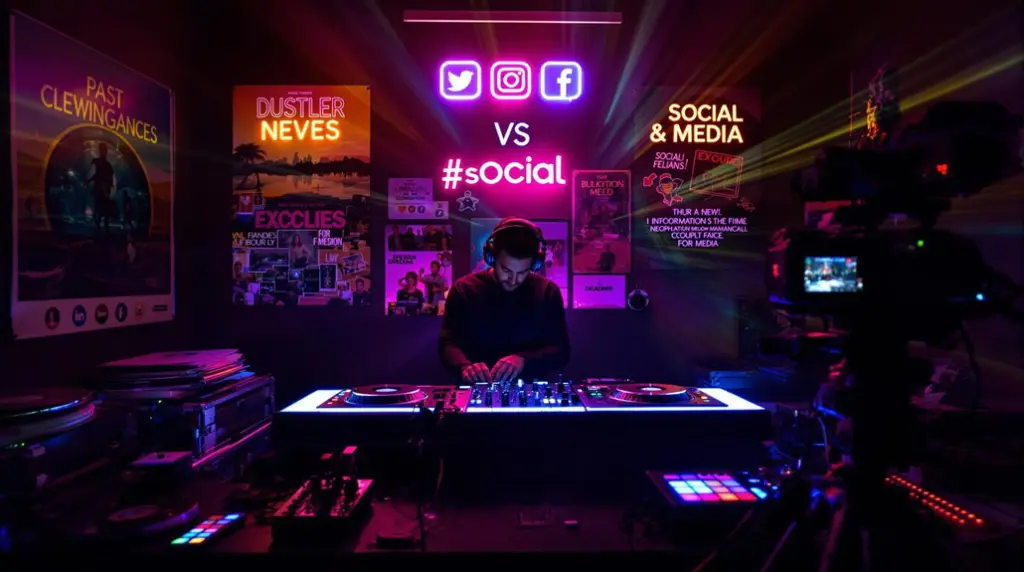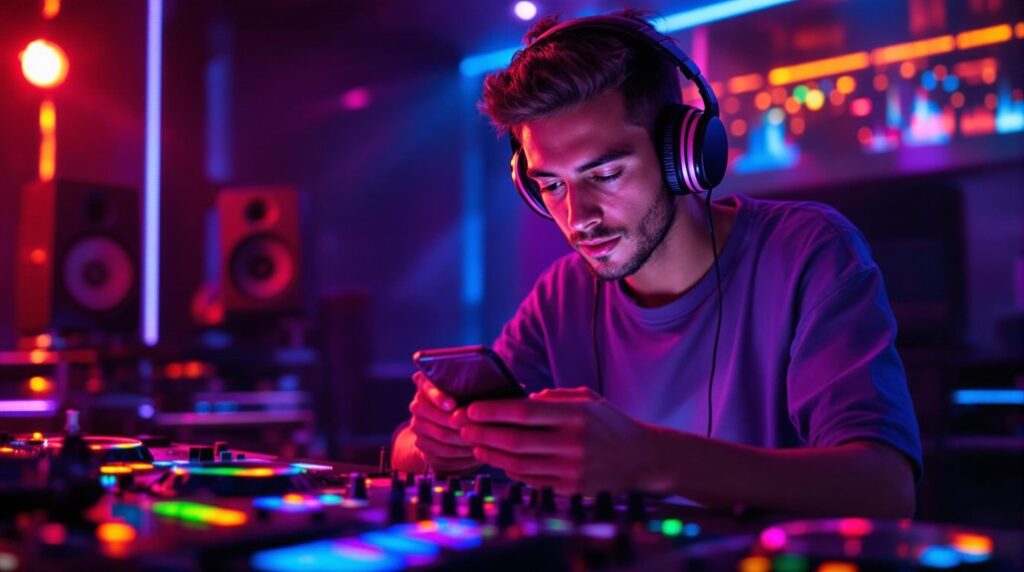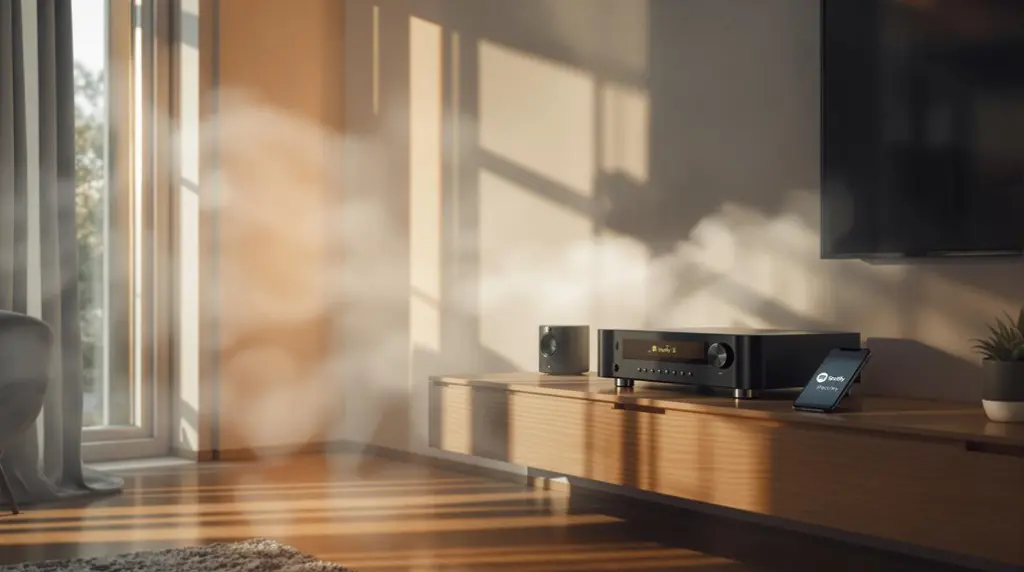When you’re sampling music as a DJ, understand copyright laws first to steer clear of legal issues. Always secure proper licensing from copyright holders, ensuring you have both the sound recording and composition permissions. This dual clearance is vital. Additionally, use fair use judiciously. Assess how transformative your work is and its impact on the original’s market value. Remember, evaluate each case singularly, taking account of purpose, nature, and usage extent. Mastering these strategies enhances your legal safety, positioning you less vulnerably against potential lawsuits. Discover more aspects of this legal navigation by exploring further.
Key Takeaways
- Always secure proper licensing from copyright owners for both sound recordings and musical compositions.
- Familiarize yourself with fair use criteria to evaluate whether your sample qualifies legally.
- Use sample packs that have been legally purchased and come with a clear license for use.
- Consider the impact of your sampling on the market value and demand for the original work.
- When in doubt, consult legal experts or organizations like PRS for Music to navigate licensing complexities.
Understand Copyright Laws
To avoid legal pitfalls while sampling music, it’s essential that you understand and adhere to copyright laws. Maneuvering these laws effectively ensures you don’t inadvertently infringe on another artist’s rights, which could lead to severe financial and legal repercussions.
Firstly, consider the scope of fair use exemptions, which allow limited use of copyrighted material without permission under specific conditions, such as for commentary, criticism, education, or news reporting. Analyze whether your intended use of a sample might qualify as fair use, though this often remains a legally grey area and is subject to interpretation by courts.
Moreover, familiarize yourself with public domain works. These are creations whose copyrights have expired or were never applicable, making them free for public use. Sampling from this pool of resources can be a safer route.
On an international scale, it’s important to understand that copyright laws can vary significantly. Each country has its own regulations, and what’s permissible in one might be restricted in another. Additionally, explore creative commons licenses, which allow artists to use copyrighted works under conditions specified by the creator. This can include allowing adaptations of their work or commercial uses. These licenses provide a structured way to respect and fulfill legal obligations while fostering creative exchange.
Secure Proper Licensing
Securing proper licensing is essential when you plan to use copyrighted music samples in your DJ sets or productions. You’ll need to obtain permission from both the copyright owners of the sound recordings and the musical compositions. This dual clearance is vital because it protects you from potential legal issues and guarantees your compliance with copyright laws.
To start, you should approach organizations like PRS for Music, which can facilitate the licensing process. These entities can help you navigate through the complexities of license agreements and make sure that you’re legally covered. When negotiating usage rates, it’s important to employ effective negotiation strategies. Don’t hesitate to discuss your specific needs and usage intentions with rights holders, as this can influence the terms and cost of your licensing agreement.
Additionally, consider using legally purchased sample packs. These packs often come with clearance for the samples they contain, which simplifies the process and provides peace of mind. Remember, the effort you put into securing proper licenses not only legitimizes your work but also respects the original creators’ rights, fostering a healthier music and creative industry.
Utilize Fair Use Carefully
While securing proper licensing is a foundational step, you should also understand how to leverage fair use carefully when sampling music. Fair use permits limited use of copyrighted material without prior authorization, but it hinges on specific criteria that you must rigorously evaluate. It’s important to assess each sampling case with an analytical lens, especially regarding how and why you’re using the sample.
Here are five key factors to take into account:
- Evaluate Purpose: Determine if your use of the sample is for commentary, criticism, or education, which are more likely to be considered fair use.
- Nature of Copyrighted Work: Highly creative works are less likely to qualify for fair use than factual ones.
- Amount Used: Using a small, non-substantial portion tends to support a fair use claim.
- Effect on Market Value: Consider if your sample could negatively impact the sales or market value of the original work.
- Transformative Use: Assess if you’ve added new expression or meaning to the original, which strengthens a fair use defense.
Understanding these aspects and carefully applying them can help you navigate the complexities of fair use in music sampling. Always take into consideration the impact of your work on the original and evaluate each use case individually.
Frequently Asked Questions
What Are the Laws Around Sampling in Music?
You must understand copyright laws governing music sampling. It involves copyright duration and fair use criteria, ensuring you don’t infringe on others’ rights while creating your soundscapes. Always clear samples legally.
Can DJS Sample Music?
You can sample music as a DJ, enhancing your sets’ creativity using DJ equipment. However, you must secure permissions or use royalty-free tracks to avoid legal complications from copyright infringement.
How Do DJS Get Permission to Play Music?
To obtain permission to play music, you’ll need performance licenses from PROs like ASCAP or BMI. Make sure the venue’s agreements cover your needs, or you may have to secure additional licenses yourself.
What Are the Laws of Sampling?
You’re deciphering intricate laws when sampling. Copyright infringement occurs without authorization. Fair use criteria may offer some protection, but it’s often not sufficient. Always make sure you’ve cleared samples to avoid legal issues.
Conclusion
As a DJ who samples music, it’s crucial you grasp copyright laws to avoid legal pitfalls. Always secure the necessary licenses for the tracks you use; this legitimizes your work and protects you from costly lawsuits.
Tread carefully with fair use; it’s a nuanced defense that doesn’t guarantee protection in court. By staying informed and proactive about these legal aspects, you guarantee your creative pursuits in music sampling remain both innovative and legally sound.




